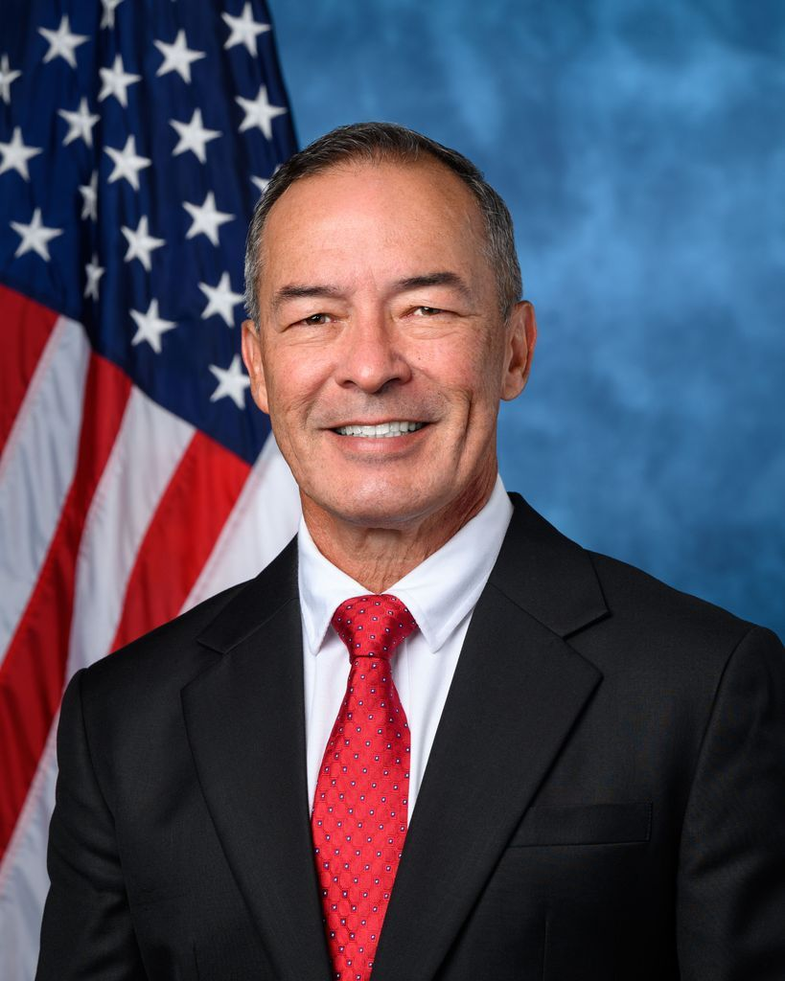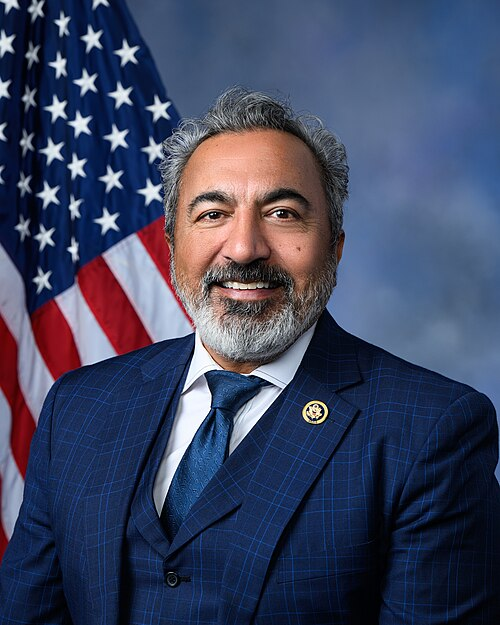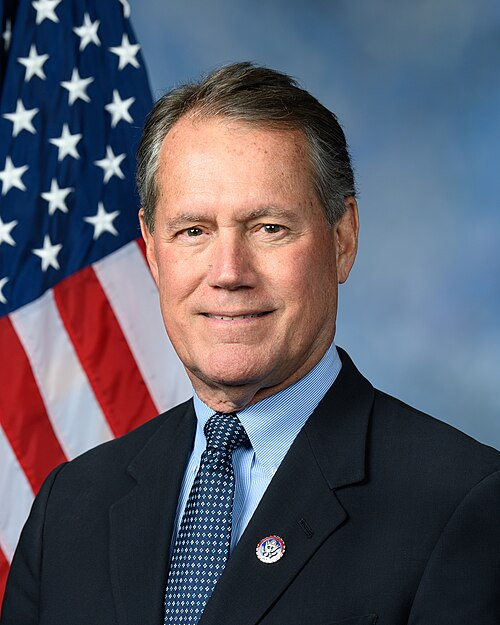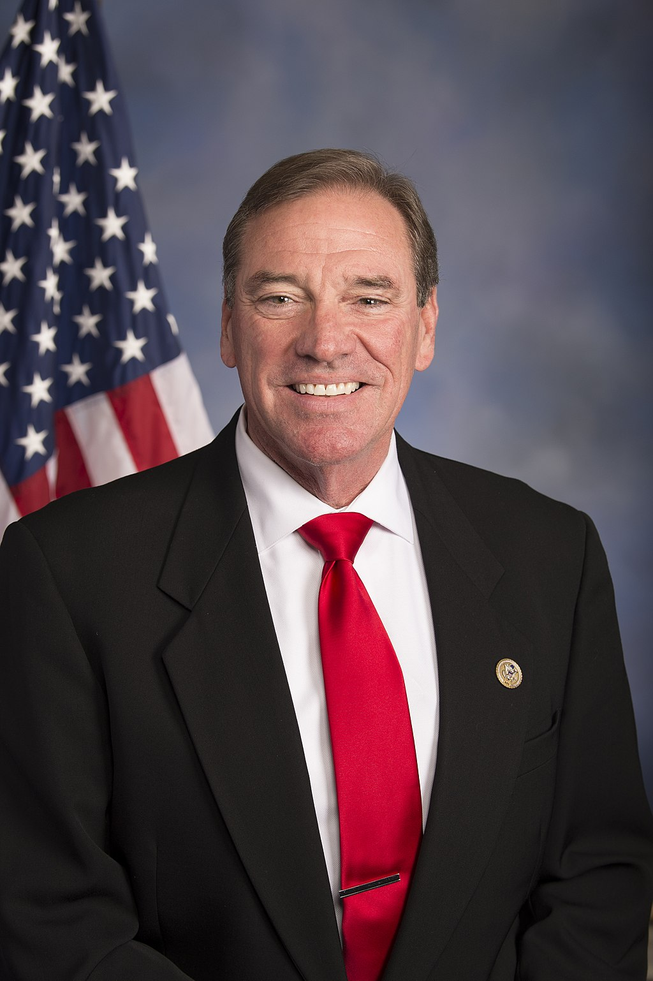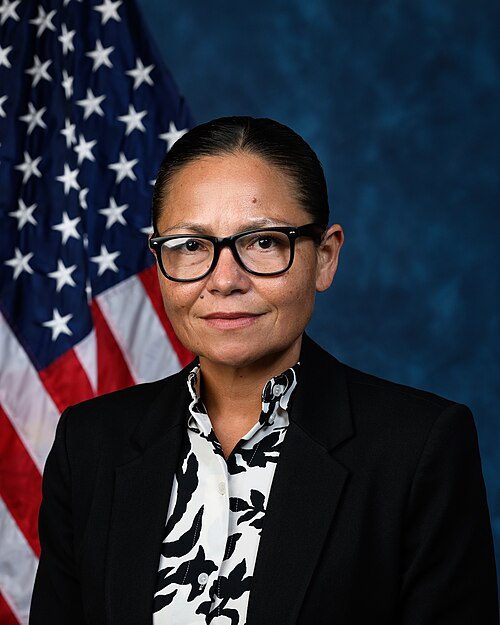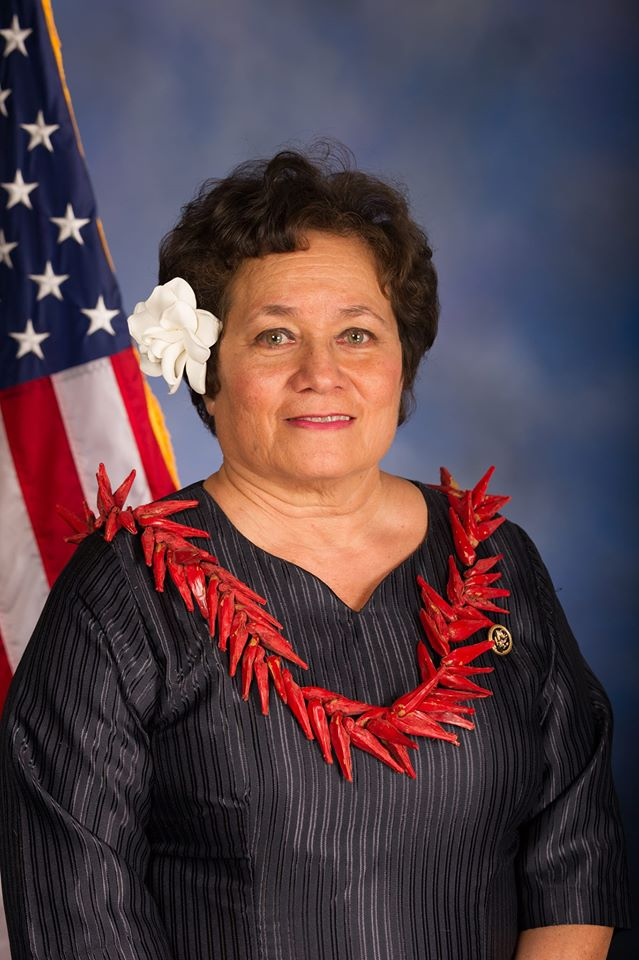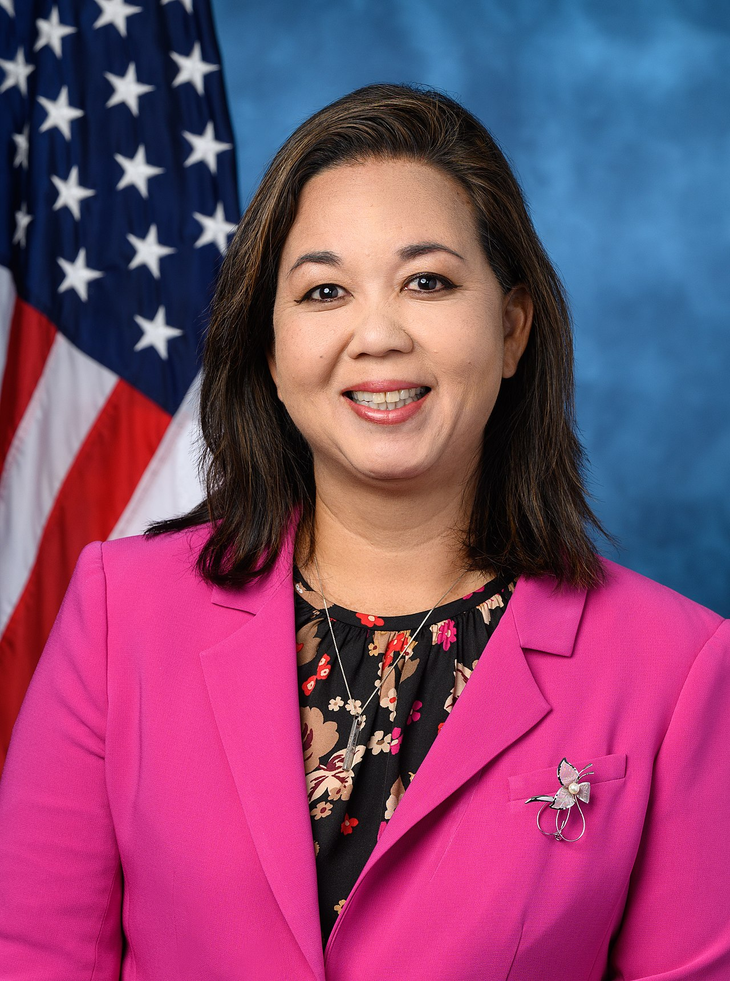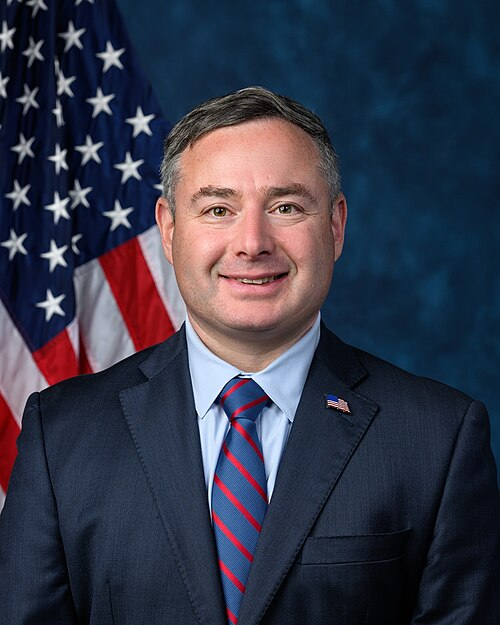H.R. 4955: Combating Lethal Elements and Narcotics in the Pacific Act of 2025
This bill, known as the Combating Lethal Elements and Narcotics in the Pacific Act of 2025, aims to create a program called the Pacific Counternarcotics Initiative designed to help certain countries in the Pacific region combat illicit drug trafficking and improve their law enforcement capabilities regarding the management of listed chemicals used in drug production.
Key Objectives of the Bill
- Seizure and Destruction of Chemicals: The initiative will help increase the rates of seizure and destruction of chemicals that are used for making illegal drugs.
- Addressing Backlogs: It seeks to alleviate backlogs of listed chemicals that need to be destroyed and hazardous waste created by drug trafficking.
- Preventing Reintroduction: The program aims to ensure that seized chemicals do not re-enter the production of illicit drugs.
- Storage Management: It plans to free up storage space for these chemicals.
- Environmental Impact Reduction: The initiative intends to lessen the environmental impact of listed chemicals and related waste.
- International Cooperation: It promotes international law enforcement efforts, including training and the sharing of equipment between the U.S. and beneficiary countries.
- Infrastructure Improvement: The initiative will improve the capabilities and infrastructure necessary for law enforcement in these countries to effectively manage and eliminate listed chemicals.
Implementation Plan
The Secretary of State is required to submit a detailed implementation plan within 90 days of the bill's enactment. This plan must outline:
- A timeline for when assistance to beneficiary countries will commence.
- A five-year strategy for each beneficiary country, including budget projections and expected outcomes.
- Benchmarks to measure progress toward the bill's objectives.
- Responsibilities of federal agencies involved in the initiative.
- Plans to address security vulnerabilities and corruption that may hinder progress.
- A reporting structure to update Congress on the initiative's outcomes.
Reporting Requirements
The Secretary will submit an annual progress report for five years, detailing:
- The achievements of each beneficiary country in meeting the initiative's goals.
- The level of compliance with set benchmarks.
- The amount of listed chemicals destroyed by each country.
Funding Sources
The funding for the program will come from existing appropriations authorized for the Foreign Assistance Act of 1961.
Beneficiary Countries
The bill specifies that the initiative will assist the following countries:
- Cook Islands
- Federated States of Micronesia
- Republic of Fiji
- French Polynesia
- Republic of Kiribati
- Republic of Nauru
- New Caledonia
- Niue
- Republic of Palau
- Independent State of Papua New Guinea
- Republic of Marshall Islands
- Independent State of Samoa
- Solomon Islands
- Kingdom of Tonga
- Tuvalu
- Republic of Vanuatu
Definitions
The bill defines several terms relevant to its implementation, including:
- Listed Chemical: As defined in the Controlled Substances Act.
- Relevant Secretary: Referring to the Secretary of State, the Secretary of Defense, and the Attorney General.
Relevant Companies
None found.
This is an AI-generated summary of the bill text. There may be mistakes.
Sponsors
9 bill sponsors
Actions
2 actions
| Date | Action |
|---|---|
| Aug. 12, 2025 | Introduced in House |
| Aug. 12, 2025 | Referred to the House Committee on Foreign Affairs. |
Corporate Lobbying
0 companies lobbying
None found.
* Note that there can be significant delays in lobbying disclosures, and our data may be incomplete.
Potentially Relevant Congressional Stock Trades
No relevant congressional stock trades found.
